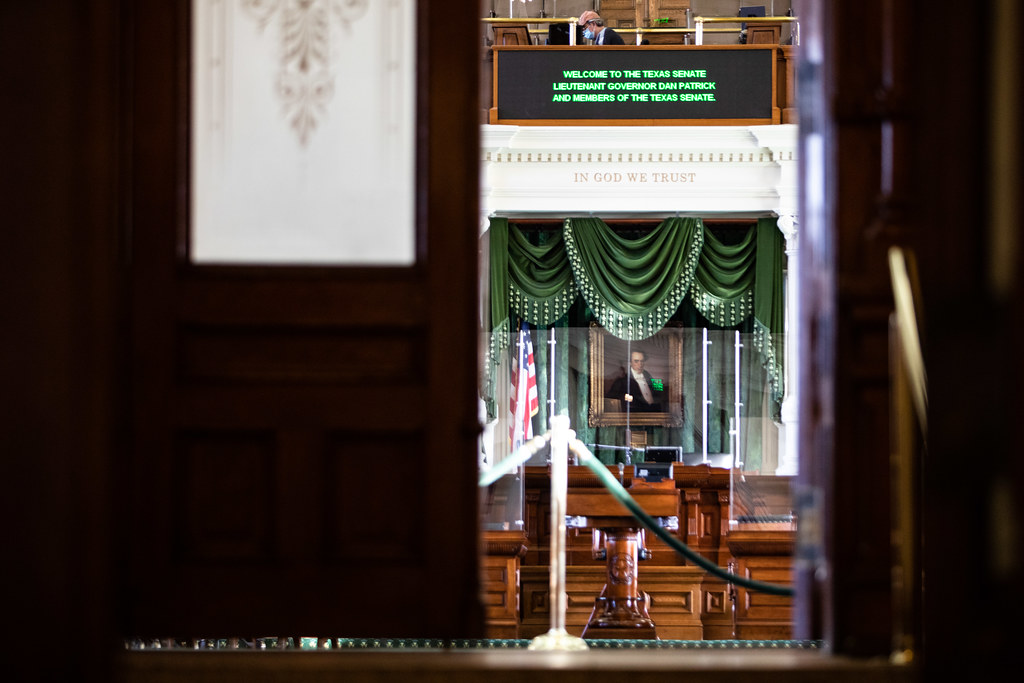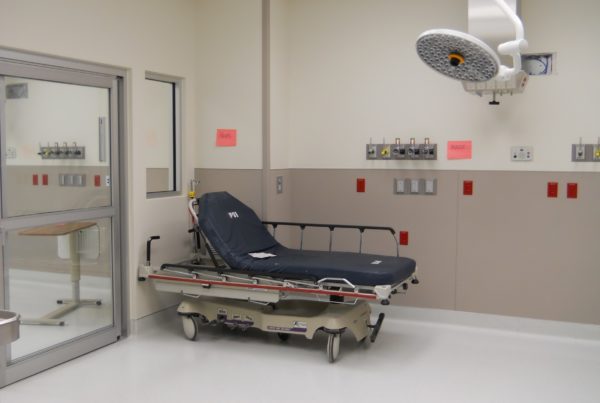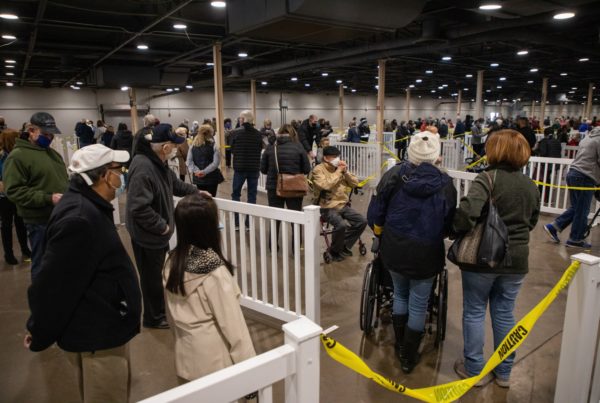When the 87th Texas Legislature gaveled into session on January 12, lawmakers had already filed hundreds of bills. Percentage-wise, only a few of those will actually become law.
Alexandra Suich Bass is a senior correspondent for The Economist. She decided to look at some of those bills and put them into three buckets.
Bills lawmakers should and will take up:
“So in terms of the number one issue that the Legislature is going to tackle, it’s public education. The last time the legislature convened, they passed a landmark investment act in public education. So they saw $6.5 billion allocated to public education. But there’s been a huge learning loss as a result of the pandemic. And so all eyes have been on what’s going to happen to public education funding. Would it stay strong like the legislators promised last time? And it’s looking like it will.”
Bills lawmakers will not address but probably should:
“Top of mind, I think, for every Texan right now is public health and health care. And Texas is the leading state with the highest number of uninsured adults and children in the country. And then, of course, the needs of Texans are more acute than ever with the pandemic raging. But according to my sources – and I spoke with the former Speaker of the House Joe Straus – it’s not a kind of mainstream discussion among Texas Republicans to expand Medicaid under the Affordable Care Act. And it was actually Speaker Straus who told me this last election, people had been anticipating the Democrats would make more headway in Texas. And so it may be that Republican state leaders feel that they actually don’t need to make major concessions on health care because they were reelected without it.”
Bills lawmakers will address but probably should not:
“An issue that probably will come up but shouldn’t is a ban on government money being used to lobby the state. I mean, that might sound kind of arcane, but it fits into a more general trend of the state battling with liberal cities over policy. So whether they’re able to set their property taxes, whether they have the right to require businesses to offer paid sick leave, and the state is saying that a lot of this power should stay in the state hands and not city hands. I’ve spoken to a few people who point out that it is actually quite hypocritical because the… state uses taxpayer money to lobby the federal government for its own interests. So why shouldn’t cities be able to do the same? But that’s one to watch.”















